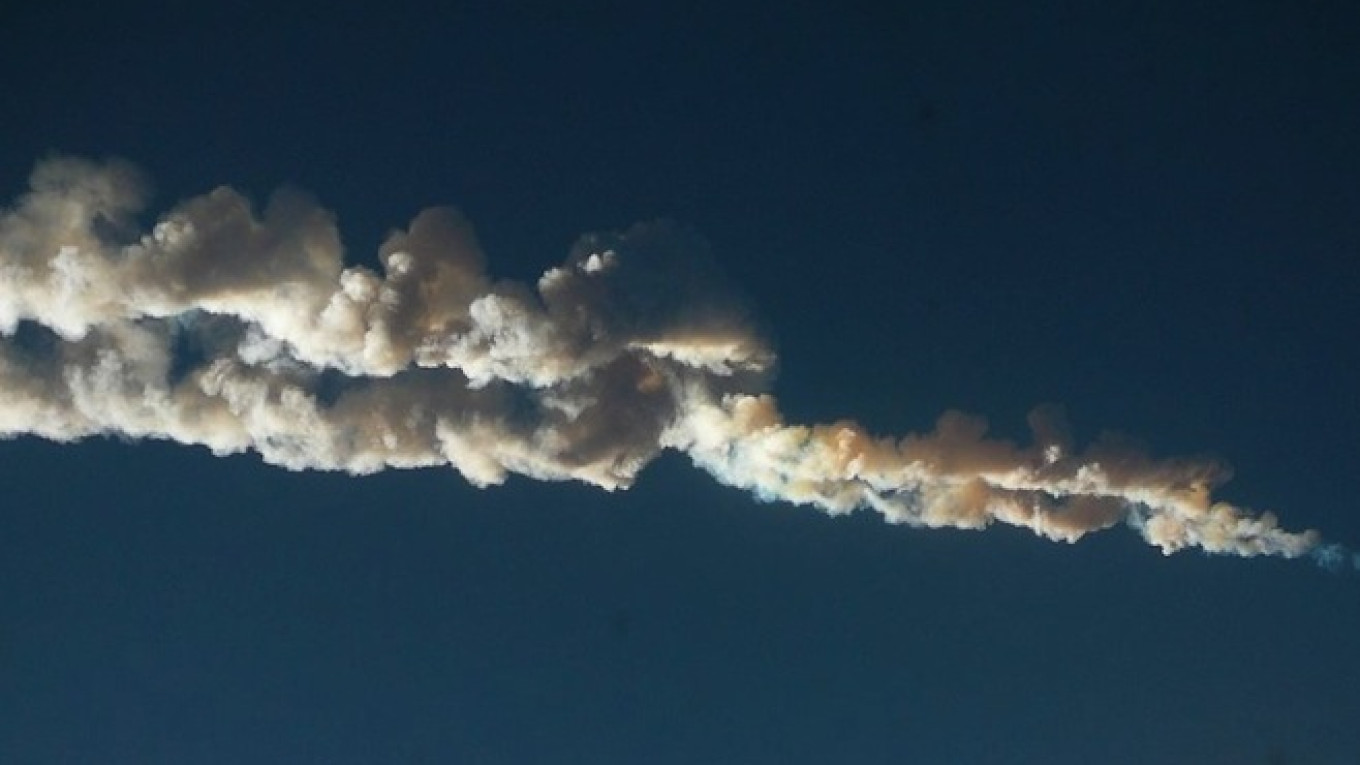A meteor which tore across the skies of south western Australia on Thursday could have just been debris from a Russian rocket launched thousands of kilometers away a day earlier.
The fireball made international headlines after it was spotted lighting up the sky just before 10 p.m. Thursday night in four Australian states, including the island of Tasmania.
"It was really impressive," a caller to regional radio station 3AW said, news agency Narromine News reported. "It had the flame and the intense burn. Just as it was falling away it broke up. I'd say it was a little asteroid or a comet."
In one video uploaded to YouTube, which shows the flame streaking across the sky for more than 50 seconds, another man is heard saying: "That's an airplane crashing!"
But Professor Brian Schmidt, an astronomer at the Australian National University, was quick to correct his fellow countrymen, noting the fireball was likely space junk from a Russian rocket used to launch a weather satellite.
The Soyuz rocket was launched Wednesday from the Baikonur Cosmodrome in Kazakhstan, and was also carrying six smaller satellites into orbit.
NASA had issued an alert on Thursday saying a seven-meter, three-ton, cylindrical object was expected to plunge to Earth over Victoria and Tasmania, Schmidt said, Narramine News reported.
Dr. Nick Lomb, a curator of astronomy at the Sydney Observatory, agreed with Schmidt's appraisal, noting the fireball was traveling slower than the escape velocity from Earth, which is 11.2 kilometers a second or 40,000 kilometers an hour.
"Some people saw it for a 10 seconds or more, which is a very long time for a piece of rock from space, which suggests it could have been space junk," he was quoted as saying by Narramine News.
Nevertheless, the fireball was still "a rare and exciting event," he added.
The debris from the rocket most likely crashed into the ocean north of Brisbane, Queensland, Schmidt was quoted as saying by Narramine News.
See also:
A Message from The Moscow Times:
Dear readers,
We are facing unprecedented challenges. Russia's Prosecutor General's Office has designated The Moscow Times as an "undesirable" organization, criminalizing our work and putting our staff at risk of prosecution. This follows our earlier unjust labeling as a "foreign agent."
These actions are direct attempts to silence independent journalism in Russia. The authorities claim our work "discredits the decisions of the Russian leadership." We see things differently: we strive to provide accurate, unbiased reporting on Russia.
We, the journalists of The Moscow Times, refuse to be silenced. But to continue our work, we need your help.
Your support, no matter how small, makes a world of difference. If you can, please support us monthly starting from just $2. It's quick to set up, and every contribution makes a significant impact.
By supporting The Moscow Times, you're defending open, independent journalism in the face of repression. Thank you for standing with us.
Remind me later.


